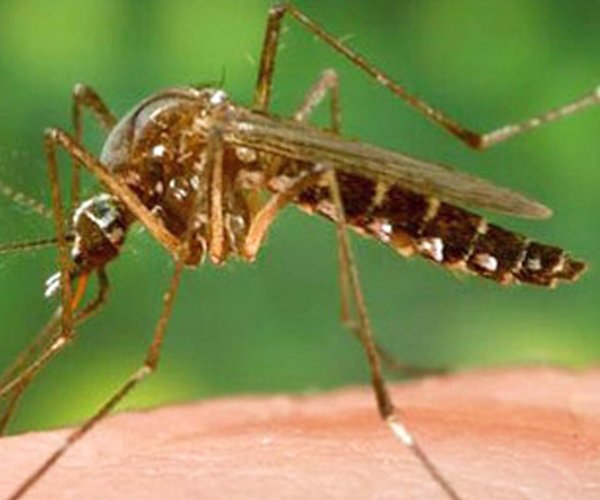In an effort to help the San Joaquin Valley reduce emissions and meet critical air quality standards, the San Joaquin Valley Air Pollution Control District will provide funding for businesses and individuals to develop new emission-reducing technology through its Technology Advancement Program.
“Despite major reductions in emissions, the Valley continues to face difficult challenges in meeting federal air-quality standards,” said Executive Officer and Air Pollution Control Officer Seyed Sadredin. “It is virtually impossible for the Valley to attain the new standards for ozone and particulates without these significant advancements in low-emission technologies through TAP Projects.”
In addition to supporting technological development for emission reduction in the San Joaquin Valley, the Valley Air District also has plans to improve air quality by replacing 75 agriculture tractors with Tier 4 or cleaner engines after it was awarded $1 million in Diesel Emission Reduction Act grant funding from the U.S. Environmental Protection Agency West Coast Collaborative.
The DERA grant program has provided funding for emission reduction projects nationwide since 2008. These projects have cleaned up more than 7,900 engines, reduced 400 tons of particulate matter a year, reduced 6,800 tons of oxides of nitrogen a year, and 400,000 tons of carbon dioxide a year.
As part of the Valley Air District’s strategic approach to improve air quality, TAP encompasses an ongoing review of new technology concepts, interagency partnerships, funding for technology advancement programs, and collaborations to build and expand local capacity for research and development in the San Joaquin Valley.
The U.S. EPA Region 9 provides annual funding to support this program through its Clean Air Technology Initiative, which aims to utilize resources and research efforts to expedite cleanup solutions in the form of advanced clean technologies for the San Joaquin Valley and South Coast Air Basins.
One technology advancement project that was made possible thanks to the partnership between the EPA and the Valley Air District can be found at Verwey Farms in Fresno County. The project allowed the dairy farm to replace four higher polluting diesel powered equipment with clean electric power equipment in the dairy feed mixing process.
As a result, Verwey Farms is expected to reduce 22 tons of NOx each year, 2.2 tons of fine particulate matter each year, one ton of hydrocarbons each year and 648 tons of CO2 each year. The project will also conserve upwards of 90,000 gallon of diesel each year.
The total cost of the project was $1,145,782. The Valley Air District provided $300,000 through the TAP and Verwey Farms incurred the remaining $845,782.
“The San Joaquin Valley offers many opportunities for testing advanced clean air technologies,” said Kerry Drake, air division associate director for the EPA’s Pacific Southwest Region. “By continuing to work together to develop new technologies, such as these electrified dairy feed mixers, we can move toward our ultimate goal of bringing healthier air to Valley residents.”
Although the program is currently not accepting proposals for TAP, interested individuals can be notified when the next request for proposal opens via email. For more information on the TAP, visit valleyair.org/grants/technologyadvancement.htm.





